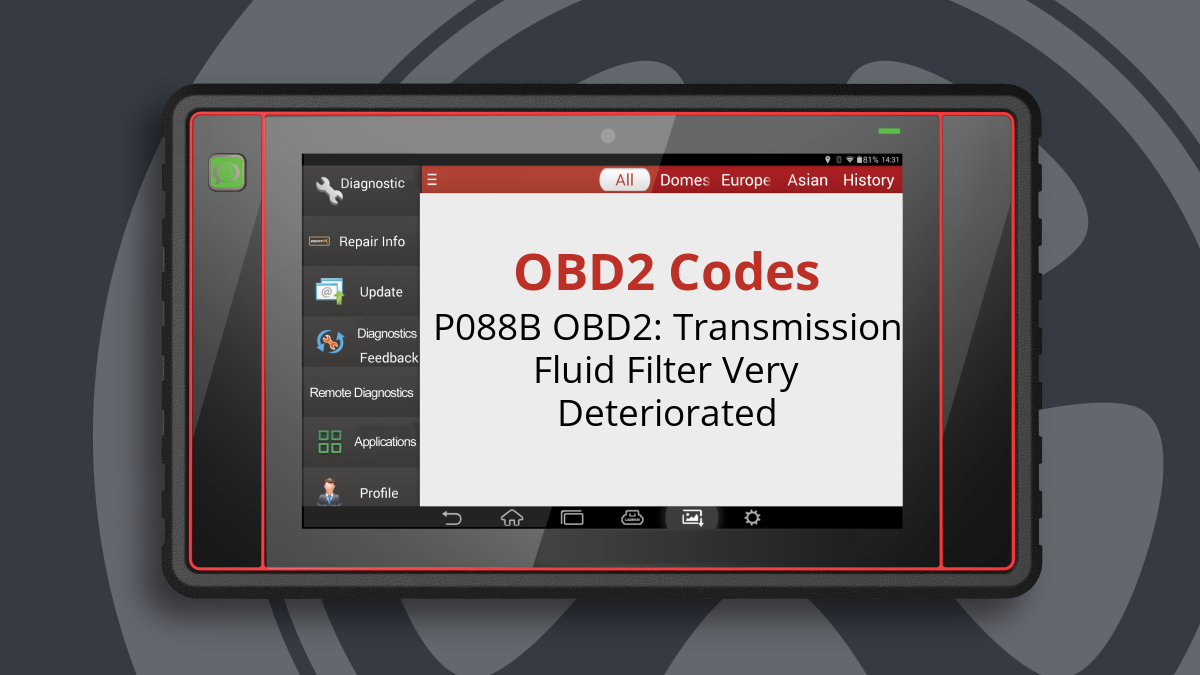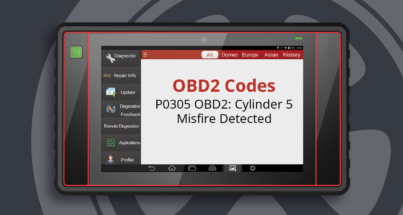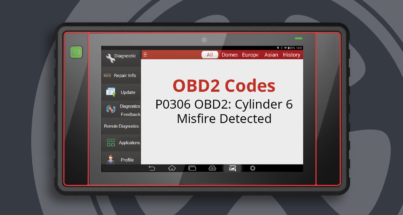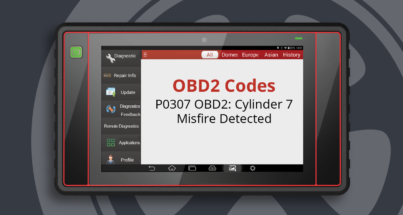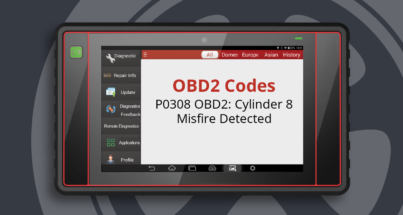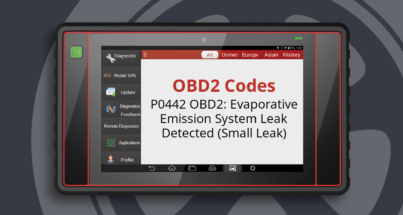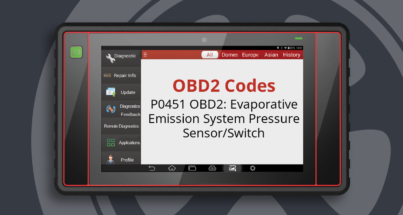What Does the P0298 Code Mean?
The P0298 code indicates that the engine control module (PCM) has detected an engine oil over temperature condition. This means that the temperature of the engine oil has exceeded normal operating levels, which can lead to significant engine damage if not addressed promptly.
What Causes the P0298 Code?
The P0298 code can be triggered by several factors, including:
- Clogged engine oil cooler
- Engine oil level is too low
- Excessive engine performance requested by the driver
What Are the Symptoms of the P0298 Code?
Common symptoms associated with the P0298 code include:
- Engine may overheat
- Engine may enter limp home mode, resulting in reduced performance
How Serious Is the P0298 Code?
The P0298 code is considered urgent because it indicates a significant malfunction that can potentially cause severe damage to the engine. Immediate action is necessary to prevent further complications.
How to Diagnose the P0298 Code
To diagnose the P0298 code, a mechanic should perform the following steps:
- Use an OBD-II scanner to confirm the presence of the P0298 code.
- Inspect the engine oil level and quality.
- Check for any restrictions in the engine oil cooler.
- Evaluate the performance demands being placed on the engine.
Common Repairs for the P0298 Code
Repairs for the P0298 code may include:
- Changing the engine oil and filter
- Repairing or replacing a clogged engine oil cooler
- Restoring proper engine oil levels
How Much Does It Cost to Fix the P0298 Code?
The cost to fix the P0298 code can vary widely depending on the underlying issue. Basic oil changes can range from $30 to $100, while more extensive repairs, like replacing an oil cooler, can cost several hundred dollars. Always get a detailed quote from your mechanic.
Can I Fix the P0298 Code Myself?
While some aspects of the P0298 code may be addressed through DIY methods, such as changing the oil and filter, it’s essential to have a complete understanding of the engine’s lubrication system and potential complications. If you’re unsure, it’s best to consult a professional mechanic to ensure proper diagnosis and repair.


